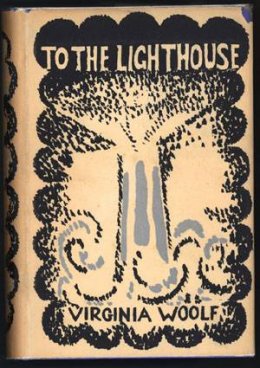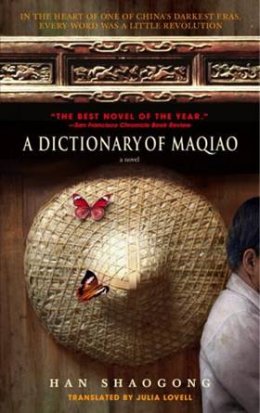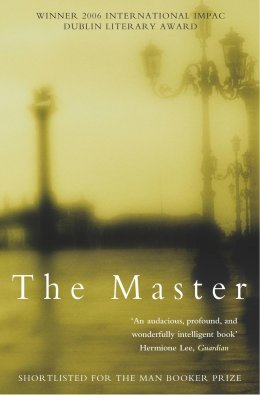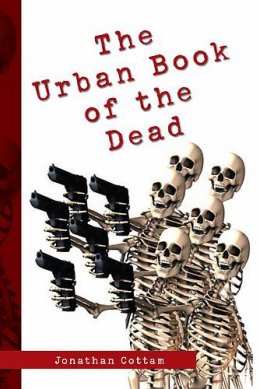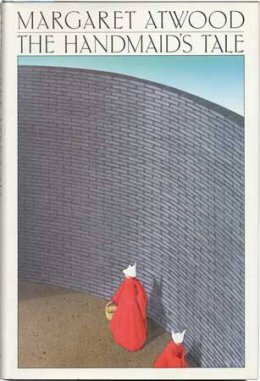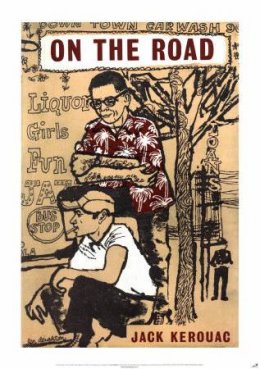Aspects of the Novel
Author: Edward Forster
Forster's renowned guide to writing sparkles with wit and insight for contemporary writers and readers. With lively language and excerpts from well-known classics, Forster takes on the seven elements vital to a novel: story, people, plot, fantasy, prophecy, pattern, and rhythm. He not only defines and explains such terms as "round" characters versus "flat" characters (and why both are needed for an effective novel), but also provides examples of writing from such literary greats as Dickens and Austen. Forster's original commentary illuminates and entertains without lapsing into complicated, scholarly rhetoric, coming together in a key volume on writing by a novelist Graham Greene called a "gentle genius".
EDWARD MORGAN FORSTER was born in 1879 in London and attended King's College, Cambridge, where he later became an honorary Fellow. After leaving Cambridge, Forster lived in Greece and Italy as well as Egypt and India. He is the author of six novels,
,
,
,
,
, and
, as well as numerous essays and short-story collections. He died in 1970 in Coventry, England.
E. M. Forster, one of England's most distinguished writers, was born in 1879 and attended King's College, Cambridge, of which he was an honorary Fellow. He was named to membership in the Order of Companions of Honor by the Queen in 1953. He wrote his first novel,
, at twenty-six, followed by A
in 1908,
in 191 0, and other novels and critical essays. These in-elude
(1924),
(1927),
(1936),
(1951),
(1953), and
, the biography of his great-aunt (1956). Two books have been published since his death in 1970:
(1972) and
(1973)
***
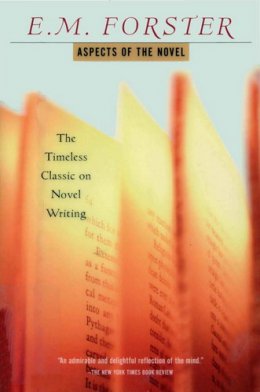
- Download ebook
